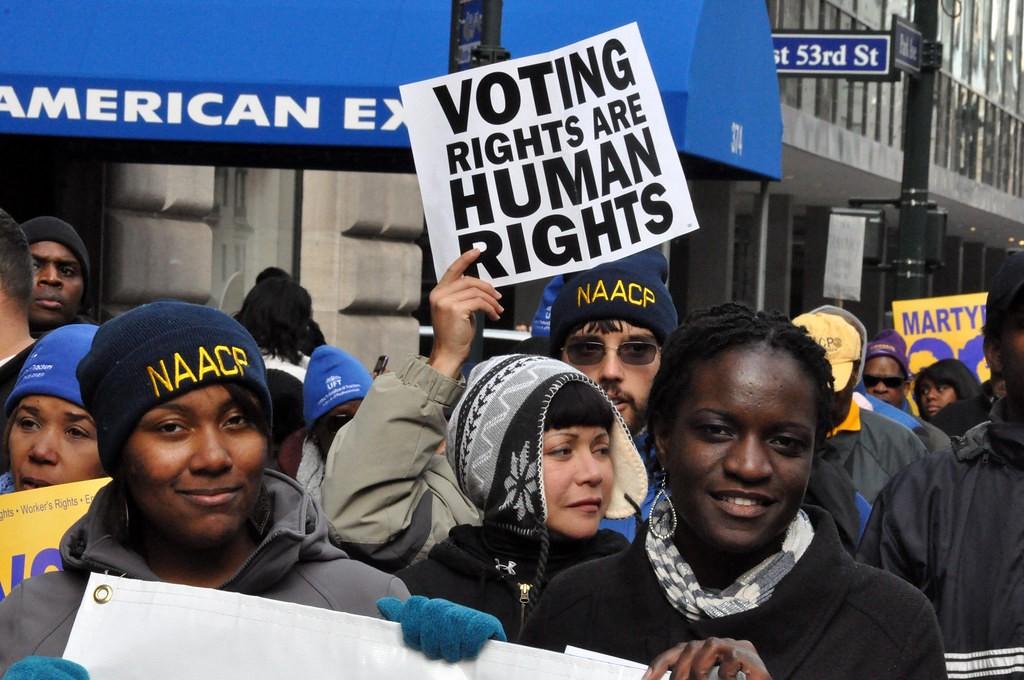
My old friend and congressional colleague John S. McCain liked to joke that “it’s always darkest before it’s totally black” — wryly revising notions about it being darkest just before the dawn.
Of course, we want dawn to be on the horizon because we always want to have hope.
In this very dark year of pandemic, extreme social, economic and racial distress, and poisonous politics, I see rays of dawn as a result of many millions of Americans casting ballots well in advance of our November 3 Election Day.
Voter expression — as opposed to voter suppression — provides me with optimism and great hope.
Because I have so much respect and admiration for him, let me hasten to add that the late Sen. John McCain was driven by hope.
It was hope that kept this great American hero alive through nearly six years of harrowing captivity in North Vietnamese POW camp. John believed in fair immigration policies, knowing that America was a beacon of hope. When John and I collaborated with colleagues in the House and Senate on the Bipartisan Campaign Reform Act of 2002, we did so because we had a dream of campaigns being more about ideas and less about bulging war chests.
Over the coming days, our commitment to fundamental fairness in politics and in the electoral process will undergo a profound test — and I hope that we will build on the start we have seen, with tens of millions of Americans already voting during the early days of this election cycle. We have an obligation to ourselves, to the American heroes who fought for voting rights and to future generations for that to be the case.
Sadly, the pages of American history must tell the story of voter suppression, which truly is a stain on our democracy.
Candidates and parties have worked to suppress voter turnout in various ways, but the concept is most closely associated with the prolonged, systematic effort to prevent Black Americans from voting in the post-Reconstruction South. That effort was appallingly successful, and on the eve of the signing of the Voting Rights Act of 1965, there were parts of the South where Black voter registration was in the single digits.
During the past year, we at the University of Massachusetts have launched the “UMass Votes” campaign and have signed onto the ALL IN Campus Democracy Challenge because we think it is important that everyone votes. We want our students to vote in the coming election and be active and engaged citizens and voters throughout their lives.
Certainly, young people are energized as never before and are providing important leadership on environmental, economic and social-justice issues. I think the passion we are seeing on these and other issues is going to translate into increased levels of engagement in many areas, voting included. Frankly, we need tomorrow’s generation to step forward and help us fix today’s mess.
But in urging students to enter the arena, we need to stand tall on behalf of democratic ideals and principles — and that includes being clear in our opposition to any effort to discourage or disenfranchise even a single voter.
While this practice is part of our past, it cannot figure in our future, as voter suppression is inconsistent with our ideals and with the fundamental principles of democracy.
Let’s close 2020 with the rights of all Americans being respected and with a record number of Americans casting ballots. Then, we may truly see the rays of a new dawn.
